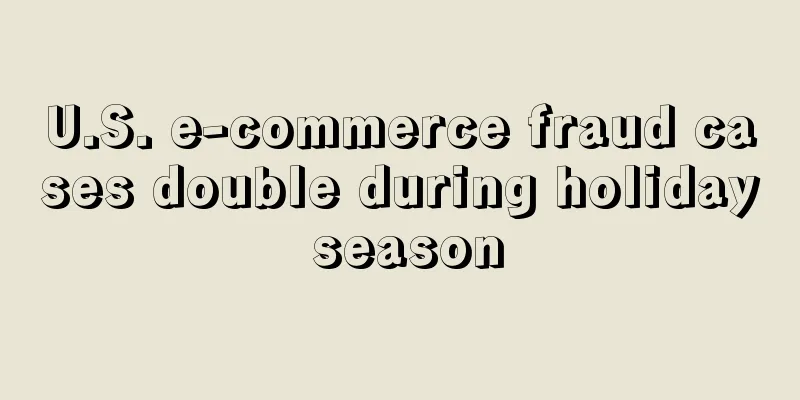The seller was fined 4.1 million just because the new link "shared" the old link review

|
Faced with this situation, sellers have come up with various strategies. One very effective method is to create a variation link to bind the new link to the old link.
In this way, the new link can share the reviews, rankings, star ratings and other ratings of the old link, and can even be directly selected as the best seller.
However, some sellers recently received high fines for this behavior. It is understood that the seller's behavior was called "review hijacking" by the US Federal Trade Commission, which required him to pay a fine of up to US$600,000 to the government, equivalent to about RMB 4.1 million.
According to the FTC, the merchant took advantage of an Amazon feature that allows sellers to create or request the creation of “variation” relationships between some products, such as different colors, sizes, quantities or flavors of a product.
The FTC explains that products with a "variation" relationship can share product detail pages on the Amazon platform. In addition, products with a variation relationship can display the total number of ratings, average star rating, and reviews for all products. In addition, they can also share logos such as #1 Best Seller or Amazon's Choice.
Faced with a high fine, the seller complained that the Federal Trade Commission should punish more egregious business practices rather than his workarounds within the rules.
The FTC quoted the seller discussing the practice in a blog post about the case: “An employee from the company said in an email that by creating a ‘variant’ relationship between a new product and an old product, the new product can ‘borrow’ the old product’s Best Seller logo, ratings and reviews, as well as the homepage position that only Best Seller products can have. ”
Based on the above information, the Federal Trade Commission ultimately determined that the seller's practices had violated relevant laws and regulations on fair trade and decided to impose a fine.
In fact, this kind of practice is not uncommon in the cross-border circle. Many sellers have tried to quickly bring up new links by creating variants.
However, it remains unknown whether the U.S. Federal Trade Commission will increase its review of related cases in the future, so sellers are advised to keep a low profile in the near future. Amazon Seller fine |
<<: Accelerating expansion! A group of Amazon sellers are flocking to new sites and platforms
Recommend
What is Letstango? Letstango Review, Features
Letstango was founded in 2013 by Dikran Tchablakia...
Retail trends in 2022: Second-hand market surges, return services upgraded
Recently, research firm Forrester released a surv...
Amazon's inventory capacity has been adjusted again, with some sellers increasing their prices by 20,000!
The peak season is approaching, which should be a...
What is Ship Angle? Review, Features
Ship Angle's US overseas warehouse is located...
What is Media Expert? Media Expert Review, Features
Media Expert is a dynamically developing electroni...
Amazon review has changed again!
After Amazon used AI to summarize seller reviews,...
Online sales increased 82% in the first quarter, with Gap Inc. performing strongly
Gap Inc. of the United States has a net profit of...
Tablet sales rebound in Brazil, with sales of about $180 million
According to foreign media reports, according to ...
Amazon will hold "Prime Day 2.0"? Official response: Rumor!
This year's Amazon Prime Day will be held on ...
What is Nativex? Nativex Review, Features
Nativex is a global mobile marketing platform und...
Spanish e-commerce sales grew 14%, faster than the global level!
European e-commerce developed rapidly in 2020 , a...
Amazon warehouses have difficulty recruiting people, so there is no one to deliver sellers’ goods?
In its newly opened massive warehouse of over 1 m...
Shipments in the first quarter reached 1.89 million units! Korea's PC market is experiencing growth
Affected by the epidemic, the South Korean govern...
Breaking news! Amazon front desk updated again
Following the change in the display of Review rat...
What is Copia Globa? Copia Globa Review, Features
Founded in 2013, Copia Globa is one of Kenya’s fa...









